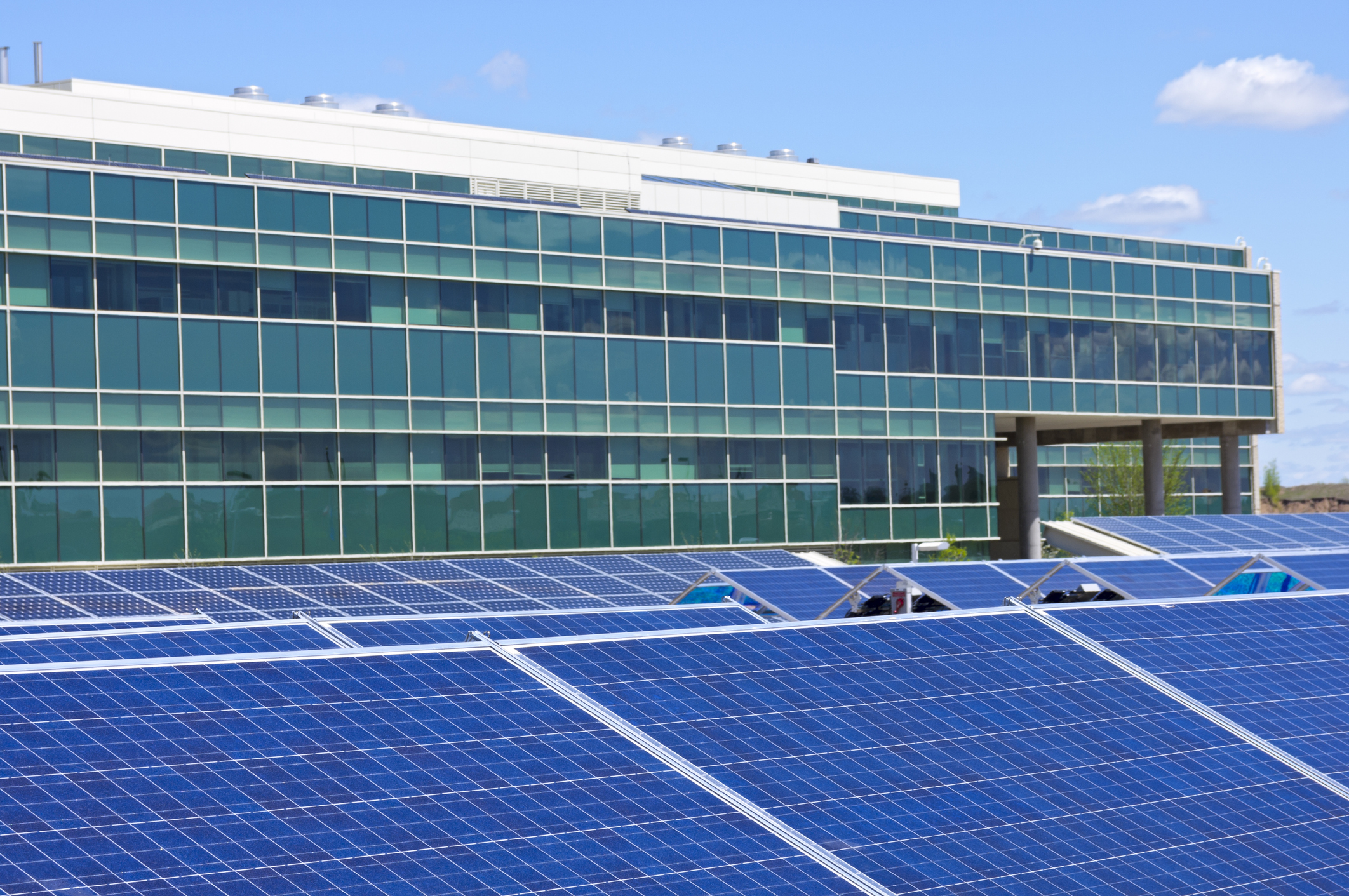
CPA’s Guide to Unlocking IRC 179D Savings for Clients
Thursday, June 26 from 12:00 – 1:00 PM CT
Join Daniel Hurtado, CPA, Cost Segregation and R&D Practice Leader at BGM, for a follow-up discussion to our previous webinar, “Unlock R&D Tax Credits for CPA Firms: A Strategic Advisory Opportunity.” This session will explore how CPA firms can take advantage of another valuable yet underutilized incentive—the IRC Section 179D deduction. Designed to reward energy-efficient improvements in commercial buildings, 179D can provide meaningful tax savings for property owners, architects, engineers, and government contractors. Daniel will outline how firms can identify qualifying projects, understand recent regulatory changes, and integrate 179D into their advisory services to deliver even greater value to their clients.
Objectives:
- A clear explanation of how the IRC Section 179D deduction works and which types of energy-efficient improvements qualify.
- An overview of eligibility requirements for both commercial building owners and designers of government or tax-exempt projects.
- Insights into how recent regulatory updates impact qualification and deduction amounts.
- Real-world examples and case studies that illustrate how firms have delivered substantial tax savings through 179D.
- Practical steps for CPA firms to integrate 179D into their advisory services without adding significant internal resources.
Who Should Attend
Whether you’re advising clients on energy-efficient building improvements or exploring how your firm can expand its value-added services, this discussion will provide the clarity and direction you need to leverage 179D effectively. Don’t miss this opportunity to strengthen your advisory role and uncover meaningful tax savings for your clients.
About the Speaker
Daniel Hurtado leads the Cost Segregation and R&D Credit practice for BGM. For 30 years, he has helped businesses across a wide range of industries identify and capture federal and state tax incentives. His areas of expertise include Research & Development Tax Credits, Cost Segregation, Tax Depreciation Planning, Repairs & Maintenance Analysis, Energy Efficiency Incentives (Sections 179D and 45L), as well as Sales and Property Tax reviews.